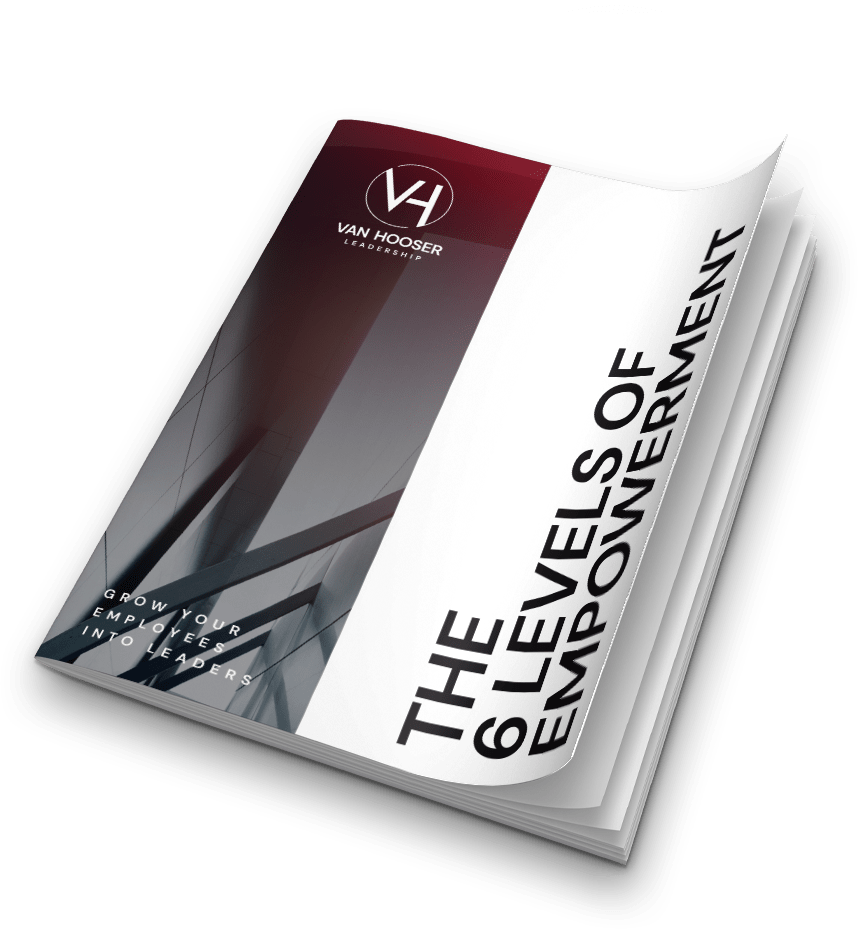Great communicators are needed in the operating room, in the show room, in the classroom, in the boardroom and even in the living room. Improve your personal communication by working for understanding. Here’s how.
Great communicators know there is always a right time and a wrong time, a right place and wrong place, a right way and a wrong way to communicate. Great communicators realize that “one size does not fit all.” As a result, they work to fashion a customized communication message for those who will be receiving it.
Great Communicators Check the Pulse
Great communicators need to have their finger on the pulse of those who will be impacted (positively or negatively).
Here are some questions to consider as you formulate the specific message to be conveyed.
- What are the key issues s/he is currently facing that can impact his or her reaction or response?
- Has s/he ever heard or dealt with this type of message before?
- If so, how has s/he reacted to it?
- How does this person handle good/bad news?
- What kind of things have we dealt with together in the past that could resurface (for good or bad) during our time of communication?
Great Communicators Anticipate and Manage Barriers
A major part of good one-on-one communication is being able to anticipate and manage the numerous barriers that continuously crop up. Consider the following categories of barriers:
- Sender Barriers
- Receiver Barriers
- Message Barriers
- Environmental Barriers
Learn about the specifics of these barriers here: “We Need to Talk: Building Trust When Communication Gets Critical“
Great Communicators Inspect What They Expect
Even the best planned, best prepared and best delivered message can be misconstrued unintentionally. But how can you know that, short of waiting for the whole issue to blow up in your face at a later time and place? Great communicators will tell you, “always test your message.”
It’s fairly simple. Once you have communicated your intended message to the appropriate individual, ask the following question, “I realize that I am not always the best communicator, I’m trying to get better. But, what we have just talked about is so important that I want to make sure that I have not done anything to confuse the message. Will you please tell me what you heard me say and what you are now expecting as a result of our conversation today?”
In a nutshell, great communicators know working for understanding takes extra time and effort, but it can also bear great results.
If you need better results from your team’s communication efforts, I have some ideas that might help — let’s talk.
[avatar user=”philvanhooser” size=”thumbnail” align=”left” link=”https://www.linkedin.com/in/phillipvanhooser/”]Connect with me on LinkedIn![/avatar]










